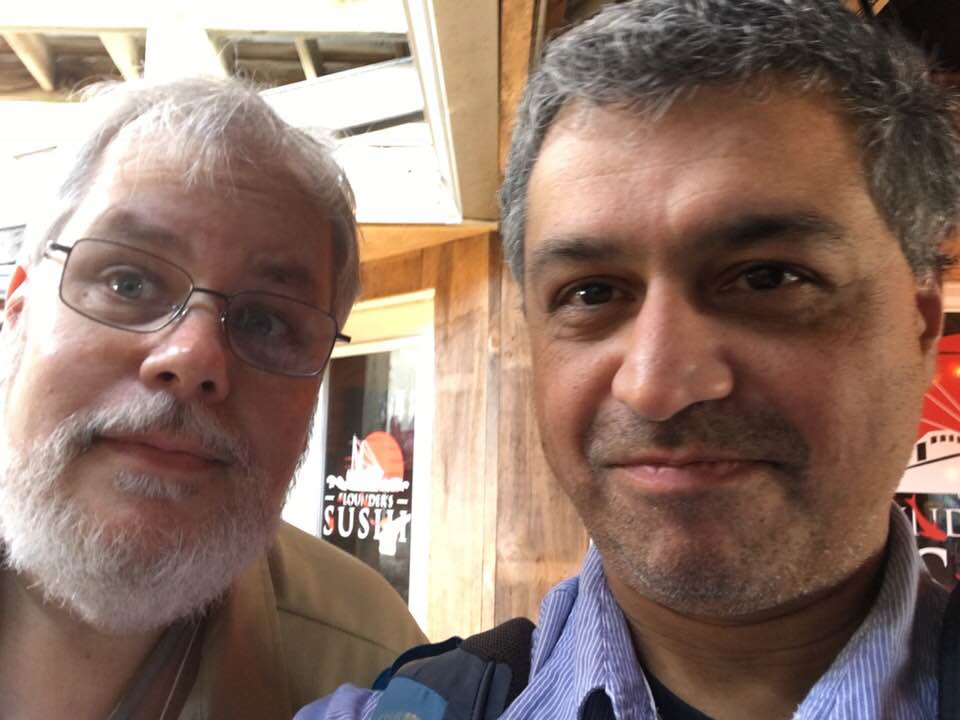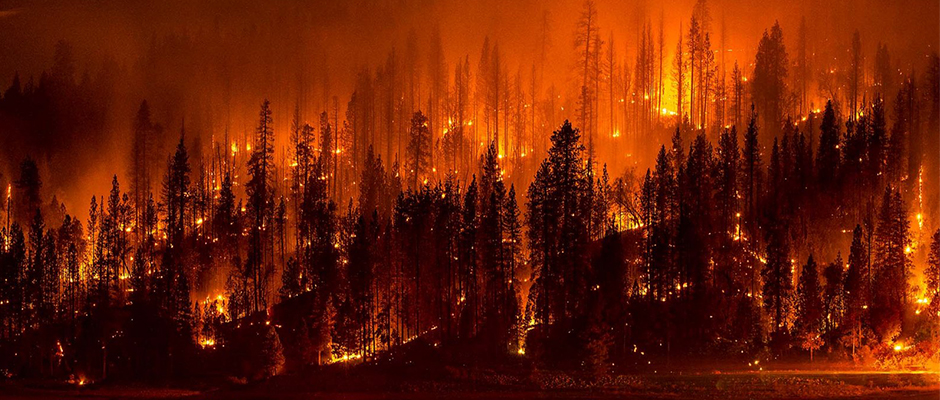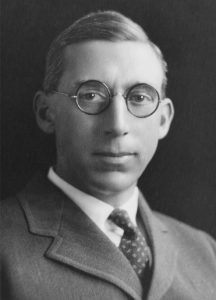[cross-posted at C4SS, BHL, and POT]
The Molinari Society will be holding its mostly-annual Eastern Symposium in conjunction with the Eastern Division of the American Philosophical Association in New York City, 7-10 January 2019. Here’s the schedule info:

Molinari Society symposium: New Work in Libertarian and Anarchist Thought
G5C. Tuesday, 8 January 2019, 9:00 a.m.-12:00 noon, Sheraton New York Times Square Hotel, 811 7th Ave. (at W. 53rd St.), New York NY, room TBA
chair:
Roderick T. Long (Auburn University)presenters:
Jason Lee Byas (University of Illinois Urbana-Champaign), “The Political Is Interpersonal”
Dylan Andrew Delikta (Memorial University of Newfoundland), “Anarchy: Finding Home in the (W)hole”
Alex Braud (Arizona State University), “Putting Limits on Punishments of Last Resort”
Roderick T. Long (Auburn University), “The Anarchist Landscape: Social Anarchism, Individualist Anarchism, and Anarcho-Capitalism from a Left-Wing Market Anarchist Perspective”
Regrettably, our session is scheduled opposite a session on Elizabeth Anderson’s book Private Government: How Employers Rule Our Lives, with comments by Jacob Levy and Jessica Flanigan. This is unfortunate both because many members of our potential audience will probably be lured away by this session, and because we’d like to go to it ourselves. But as good anarchists, we must bear our sufferings like Rakhmetov.


